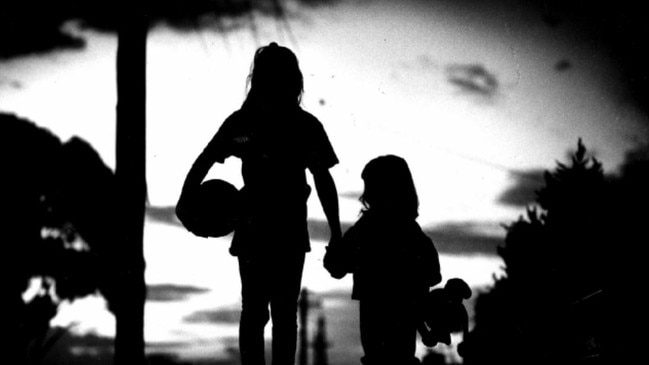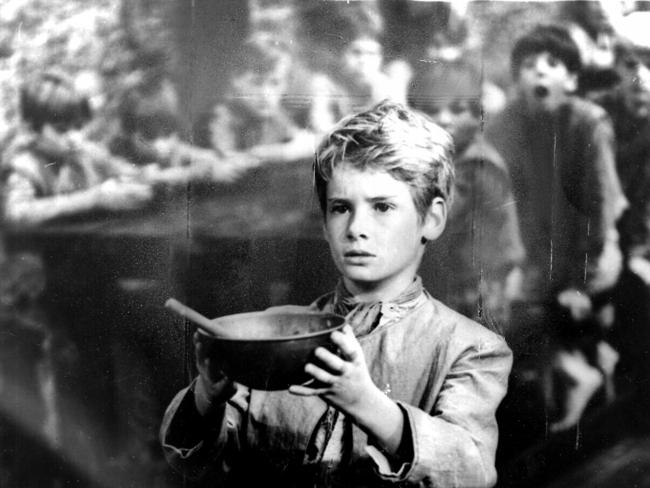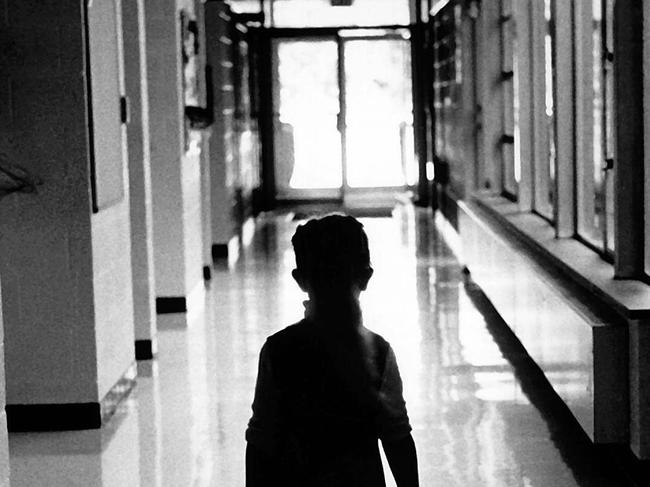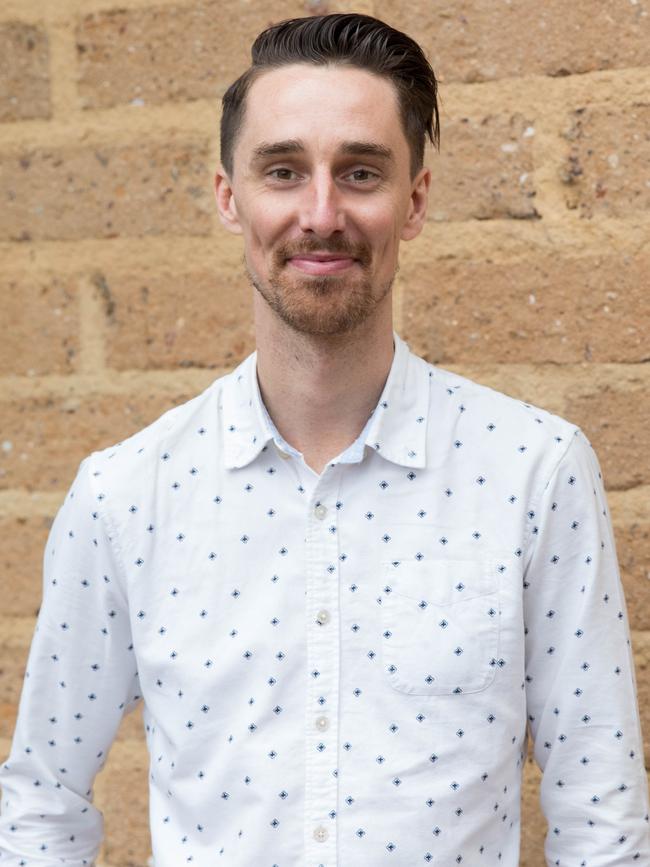NSW foster and out of home care children falling through cracks: Clarissa Bye
A “despicable” situation has been allowed to develop in NSW where subcontracted teams of rotating shift workers mind vulnerable young children - state wards - in apartments and hotels, but there is a better way argues Clarissa Bye.

Opinion
Don't miss out on the headlines from Opinion. Followed categories will be added to My News.
Anyone who has lived in share accommodation knows the pitfalls of a communal kitchen.
Fights over food, hoarding noodles in bedrooms, locks on cupboards and milk being left out on the bench.
But when it’s children — wards of the state — living in group homes, or serviced apartments, it’s not quite the stuff of a sit-com.
Turns out, it’s more like something out of Dickens, where Oliver Twist goes to the poorhouse master and says “Please Sir, I want some more”.
A recent court case has given us a rare glimpse behind the scenes in residential places that house hundreds of vulnerable NSW children.

And, what’s worse, this appalling case shows that hunger is not the only form of neglect being dished up by the system.
Two little boys, one in Year 6 dubbed “Lincoln” and his Year 7 brother “Finn”, have been stuck in a nightmare limbo of being cared for by teams of up to 20 different workers doing rotating shifts in apartments and hotels.
They hate it and are being psychologically harmed by this dreadful neglect, as the legal judgment shows.
Lincoln spends up to 12 hours a day on his Xbox, not even leaving for the bathroom. Finn says he’s constantly bored, fighting with his brother and “robbed” of the chance of “being a kid”.
No swimming lessons or watching football matches or going to the movies.
Instead they are stuck with an ever-changing crew of subcontracted shiftworkers who smoke in the house.

This has gone on for more than two years, aside from a few brief months spent in failed foster care.
That’s despite the subcontracting agency Lifestyle Solutions asking for obscene amounts of money — $18,096 a week to look after them.
Just $11.43 a day is allocated for the boy’s food and activities but they went to school hungry and cold, lacking a winter uniform and sports shoes.
Tellingly, earlier this year Lincoln confided to his school principal of frequently “feeling pain in his stomach which was attributed to hunger”.
“We talked about this for a while and it would appear that he is hungry a lot of the time,” the principal said to authorities.
Separately, his older brother Finn also complained of hunger and “they run out of food at his home”.
“ … carers buy food on a Tuesday which is meant to last a whole week but the food usually runs out by Friday and they have to wait until the following Tuesday to shop for food”.
A check found the kitchen had basic essentials of milk, bread and veggies.
“However, there was not an adequate amount of food for full meals as they consisted of frozen foods,” the check revealed.
“Case manager was advised that he was unsure when the shopping day occurred but that he may do shopping tomorrow for additional groceries.”
There were also reports of the boys being “pushed” and “punched” by the support workers, who screamed and swore at them.
The magistrate blasted the situation, calling it “appalling neglect”, “unconscionable” and NSW Families and Communities Minister Natasha Maclaren-Jones ordered a review.
It’s truly despicable how these kids can fall between the cracks of such a modern-day poorhouse, cloaked behind layers of bureaucratic subcontracting and secrecy.
And as bad as hunger and physical neglect is, the emotional neglect of being cared for by rotating teams of shiftworkers is far greater.
Apparently no attempt was made to obtain professional foster carers for these children “as there are no current vacancies”.
That is at the heart of the problem.

Which is why it’s worth taking a serious look at a new innovative approach that pays a full-time wage to a professional — such as a psychologist or a social worker — to care for a child in their own home.
It’s being done by a not-for-profit called Professional Individualised Care (PIC), founded by Jarrod Wheatley, 33, a youth worker and the 2019 NSW Young Australian of the Year.
This new approach came after he saw it work successfully in Germany.
While it’s a small proportion of the sector there, it’s the most successful form of out-of-home care, with double the success rate of other models.
Wheatley, a young father himself, says “children are real people and they need real relationships – it’s that simple”.
Current practice is for adults caring for kids in group homes to “keep their distance”.
“But far from it being helpful, I think it can be incredibly damaging,” Wheatley says.
“What they need is someone in their life who’s saying ‘you’re doing really well’ or ‘I’m proud of you.’
“If you take a child that has complex trauma and attachment needs and then you rotate a new person in their life every eight hours, this doesn’t have the relational security for a child to drop out of hyper vigilance.
“Yet relationships are at the core of what helps people heal from trauma.”
The professional carers hired by PIC must have existing industry qualifications and experience and are vetted so extensively that the PIC team might stay overnight in the family’s home to more fully evaluate their suitability.
“When these professionals see challenging behaviours from the kids, they try not to see it as a personal attack on them, but rather as a presentation of trauma,” Wheatley says.
Based in the Blue Mountains, Wheatley’s small team work across NSW and there’s now a huge demand for the service, with up to 80 to 100 referrals whenever a spot opens up.
Thirty young people who were “previously bouncing around the system” are now in a stable placement, says Wheatley.
“It’s incredibly meaningful and incredibly difficult work,” he says.
“You’re essentially asking for the young person to rewire their brain after a whole lot of trauma and hurt.
“It’s a huge ask on young people and it’s a huge ask on the professional, for anyone to do in their own home.
“But that’s what works.”





